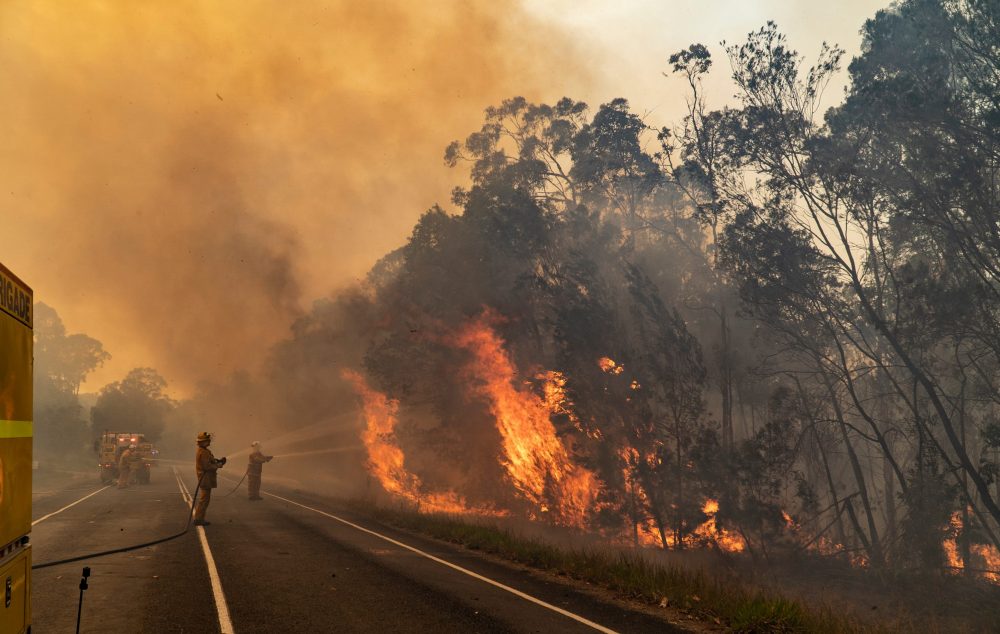In today’s digital age, social media has transcended its initial phase of infancy to become a pivotal communication channel, particularly during crises. The increasing frequency of natural disasters worldwide underscores the critical role social media networks play in real-time information dissemination and in facilitating instantaneous two-way communication.
Crises often impact vast numbers of individuals—not just those directly affected but also their families, friends, and colleagues seeking information. Traditional communication channels sometimes falter under these circumstances, highlighting the indispensability of social media.
Recent instances, such as the COVID-19 pandemic and various climate-induced calamities, have demonstrated social media’s effectiveness in crisis communication. Platforms like Twitter, Facebook, and YouTube have been instrumental for organizations and government agencies in broadcasting updates, debunking misinformation, and maintaining public dialogue.

For example, during the Australian bushfires of 2019-2020 and the pandemic, organizations leveraged social media to communicate safety measures, health guidelines, and support services. This real-time engagement not only facilitated crisis management but also fostered a sense of community and solidarity.
Moreover, businesses have realized the significance of social media in addressing “corporate crises”. Airlines, for instance, have adopted comprehensive social media strategies to manage flight disruptions, demonstrating the value of these platforms in mitigating customer service challenges and maintaining brand reputation.
The evolution of social media strategy, as seen through examples like Qantas during the 2011 ash cloud incident, underscores the platform’s utility in crisis communication. The airline’s proactive use of Twitter and Facebook to disseminate updates and interact with customers exemplifies the transformative potential of social media. This approach not only saved countless hours for customers but also reinforced the importance of digital communication channels in modern corporate strategy.
The Qantas experience, along with many others, underlines a broader lesson: companies that embrace diverse communication channels, particularly during crises, enhance customer satisfaction and loyalty. This strategic use of social media not only addresses immediate informational needs but also builds a lasting digital community around a brand.
In conclusion, the integral role of social media in crisis communication is undeniable. Its ability to disseminate timely information, engage with a broad audience, and provide a platform for interactive dialogue has proven indispensable. As we move forward, the continued refinement and strategic implementation of social media will remain a key component in effective crisis management and corporate communication strategies.
